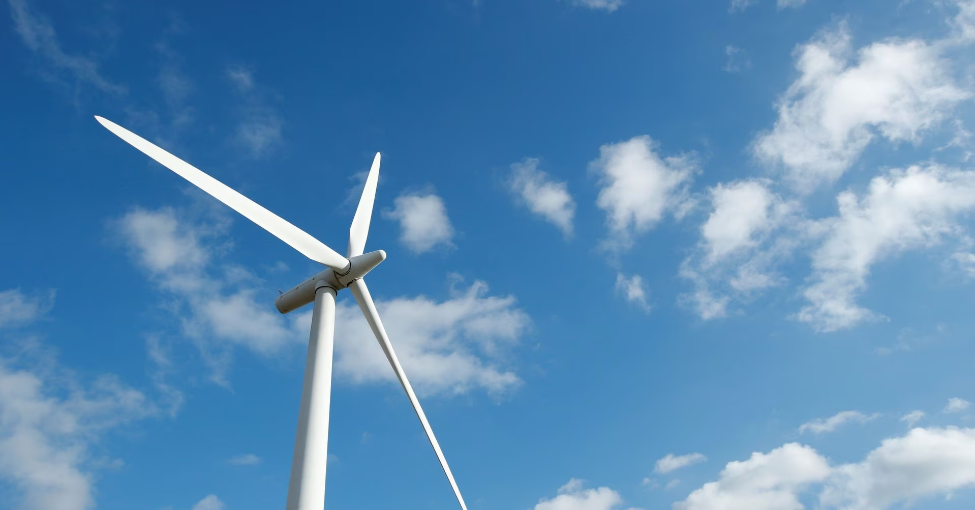LONDON: Britain is supposed to be the Saudi Arabia of wind power. During former Prime Minister Boris Johnson’s troubled premiership, a rare bright spot was his insistence that the United Kingdom could use its extensive coastline to become for renewable energy what Riyadh is for the global oil market. Vattenfall’s decision on Thursday to halt the 1.4 gigawatt (GW) Norfolk Boreas project is just the latest sign that Britain’s most appropriate fossil-fuel comparator may not be the biggest and most efficient producer.
Vattenfall, a state-held Swedish power company, has gone cool for reasons that are well-discussed in the wind sector. Post-pandemic supply-chain crunches have pushed up the cost of raw materials, meaning manufacturers like Vestas (VWS.CO) and Siemens Gamesa have had to hike prices on turbines intended for projects like Norfolk Boreas, which is due for completion later in the decade. Vattenfall said on Thursday its own costs had jumped 40%. Similar to what recently happened to Orsted (ORSTED.CO) on its U.S. wind scheme, the Swedish group has had to write down the value of its project by over $500 million.
The obvious move for UK Prime Minister Rishi Sunak would be to allow developers to charge more for power, to make up for higher costs. Vattenfall was one of the winning bidders in last year’s Allocation Round 4, which gave successful players the chance to charge 37.35 pounds per megawatt hour (MWh), expressed in 2012 prices. Under the terms of these so-called contracts for difference, if the power price is lower the state tops up Vattenfall and other bidders, which include Denmark’s Orsted.
Unfortunately the UK budget is tight, reducing the chances of a taxpayer-funded handout. Another issue is that raising wind-power prices now, after a 70% drop in auctions since 2015, would play into the hands of net-zero sceptics. The big risk, a person familiar with the situation told Breakingviews, is that tortoise-like progress between now and the next UK election due by 2025 threatens Johnson’s objective to hike offshore capacity to 50 GW by 2030. Orsted, SSE (SSE.L) and RWE (RWEG.DE) may look at the seemingly puny after-tax equity returns available from this year’s Allocation Round 5 auction, which FTI Consulting estimates at below 7%, and instead just sit the whole process out.
Britain can still be the Saudi Arabia of wind. But right now, it risks looking more like Saudi’s fellow OPEC member Nigeria, where internal strife and lack of support have seen it fail even to reach output restrictions imposed by the producer club. That would be an epic missed opportunity. –Agencies


